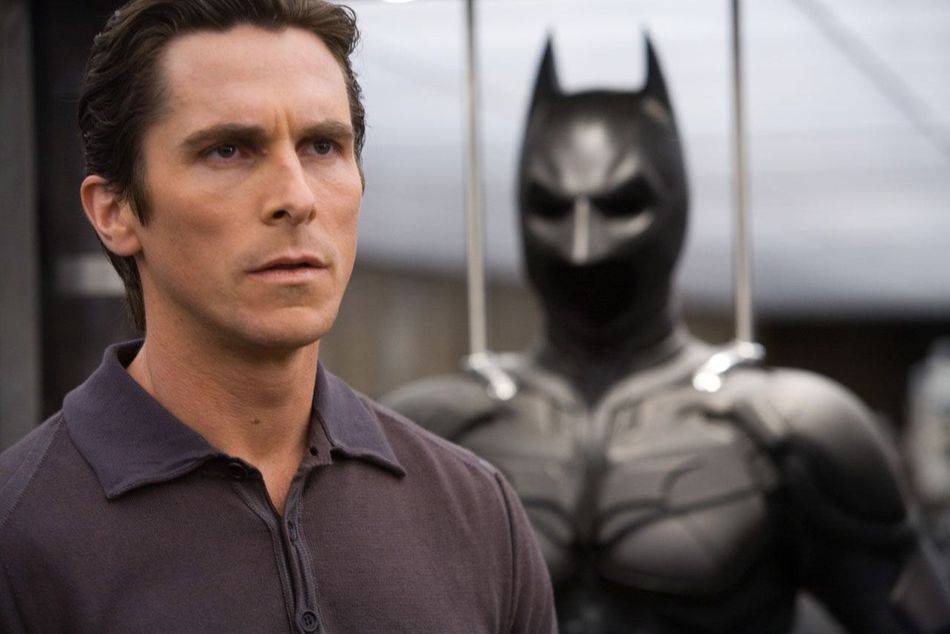By Kien M. Lee
Whether it's in an interview in the trade magazines, in the college newspaper or on TV, CEOs of successful businesses like to paint a picture that belies the truth.
In some cases, it's a romantic veneer over how hard they work, or how calculated they go about their management and this exists in part because the public wants an easily-digestible story of how to achieve results, or that it generally makes for a good uplifting reading.
Nobody likes to read a story of a struggle that includes constant repetition, problem-solving, manufacturing defects and late deliveries -- it's just "boring". Read: Can't sell newspapers or fill a business school auditorium.
The reality of it is much harsher yet simpler.
Here are 5 common myths you'll come across in interviews from successful CEOs (which you have to take with a generous pinch of salt):
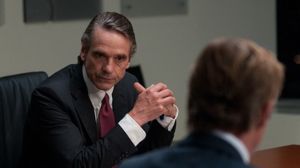 1. Explain it to me like I'm a 3 year old (Spare me the details)
1. Explain it to me like I'm a 3 year old (Spare me the details)
Whether it's in a movie scene or an actual boardroom, the CEO wants a situation explained to him in simple terms, and looks like he isn't knowledgeable or interested in the rocket science details of the matter.
Reality: No boss or for that matter, CEO of a large corporation gets to run the show without a clear understanding and comprehensive grasp of the product the company is selling. At the very least, there is a particular expertise that the CEO possesses that is an integral part of the process. Perhaps the boss might not know how to actually execute on biotech manufacturing in a lab but he knows how to sell or market it to the customers. No one "stumbles" into the role of leadership without qualities that make a difference.
It would be a mistake to believe the CEO is just a smiling figure-head for the company.
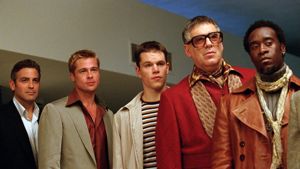 2. I was lucky to have hired the right people (So I don't work as hard as I do)
2. I was lucky to have hired the right people (So I don't work as hard as I do)
CEOs like to attribute some of their success to the luck of the draw, especially towards the key employees whom they have brought into the team. It paints the picture that the folks you hire would suddenly go over and beyond the call of duty, and outperform in roles that ends up alleviating the boss from micro-managing the day-to-day processes in the firm.
Reality: For most bosses out there, hiring the right people to play the different important roles in the company, from Human Resources, Sales, Marketing to Distribution is one of the most difficult tasks in building a great company. More often that not, the hiring process stalls not because there isn't a desire to expand, but rather there's a dearth in available qualified professionals adequate to perform the job well.
No great employees happen or are hired by chance.
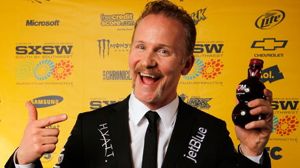 3. Have a great product and everything else will fall into place
3. Have a great product and everything else will fall into place
It is not only CEOs who spout this mantra, but business journals and marketing specialists say it everyday. "Build a great product and the customers will naturally come", "Product Product Product" are the three key components of a successful company, and "Iterate Until Your Product is Great" are just some of the common phrases you hear in business forums.
Reality: By placing emphasis only on launching a "great" product or focusing only on product development, other key drivers in success are conveniently glossed over. Sure, a product that serves a market need, and does so well, SHOULD attain market acceptance and consumption but that is not a given outcome.
Businesses should not expect customers to come just because of a great product. Having a marketing strategy, developing relationships with reliable and trustworthy counter-parties, planning out scaling and distribution capabilities are just some of the other ingredients one needs in order to be successful, even if your product is not "great".
A great product is great, but execute like you don't have one.
 4. I am a genius and I have the Midas touch
4. I am a genius and I have the Midas touch
CEOs like Steve Jobs have been given God-like status for their leading roles as the face of an innovative company, with their vision and genius the key reason for a game-changing product, for a profit/loss turnaround, for whipping a company into the new millennium amidst the changing global landscape. Their words are lapped up like gold, and fans and readers hang on every word they say.
Reality: The CEOs who have not been successful can tell you that a plan without the right execution is just that - an unrealized plan. Steve Jobs deserves the accolades that he gets but much credit also go towards the exceptional folks put in place who worked on aspects including software development, sourcing for manufacturers, etc.
Without execution, a vision is just a dream.
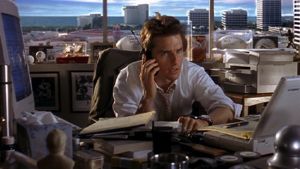 5.You need to fail many times before you succeed
5.You need to fail many times before you succeed
Words often said to encourage those who have not succeeded, or worse, failed previously and continue to do so. CEOs have indeed failed at times along the path to success and proudly show their "battle scars" to the adoring audience, shareholders and business school students.
Reality: It is less important whether you have failed before or how many times you have failed that prepares you for success, but what qualities you possess when the moment of opportunity comes your way. You can continue failing in future endeavours if you never learn the lessons from the previous ones.
Similarly, you can equip yourself with the right tools in place before you embark on a project, so that the current doesn't become the failure that prepares you for the next one. These tools can range from having the right specialists in the team, market analysis, funding, roll-out strategy.
You don't need to fail first, in order to know what you need.
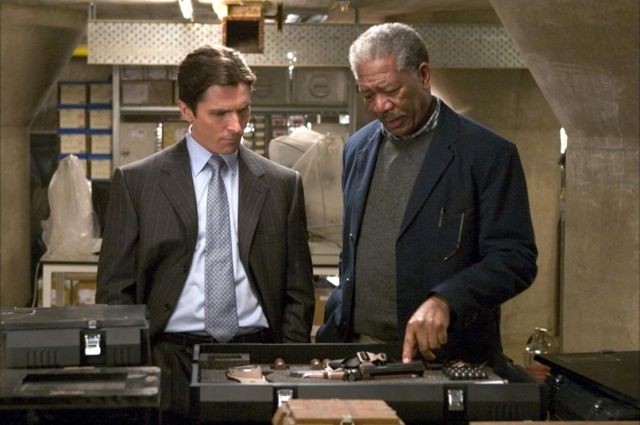
Final Thoughts
You might be wondering why the image associated with this article shows Christian Bale in his character as Bruce Wayne in Christopher Nolan's Batman trilogy series. The reason and analogy is simple: Unlike what hasn't been portrayed in the movies, Bruce Wayne as the CEO of Wayne Enterprises has an understanding of science and technology which not only allows his company to succeed, but also to clandestinely produce the gadgets that Batman utilizes.
Bruce Wayne as Batman is one of the few "superheroes" who do not have supernatural gifts/talents so all of his fighting capabilities come from physical training, and being prepared beforehand, before any potential "failure". (Batman's skills don't come from him just being angry)
So what I wanted to say in light of this topic is:
